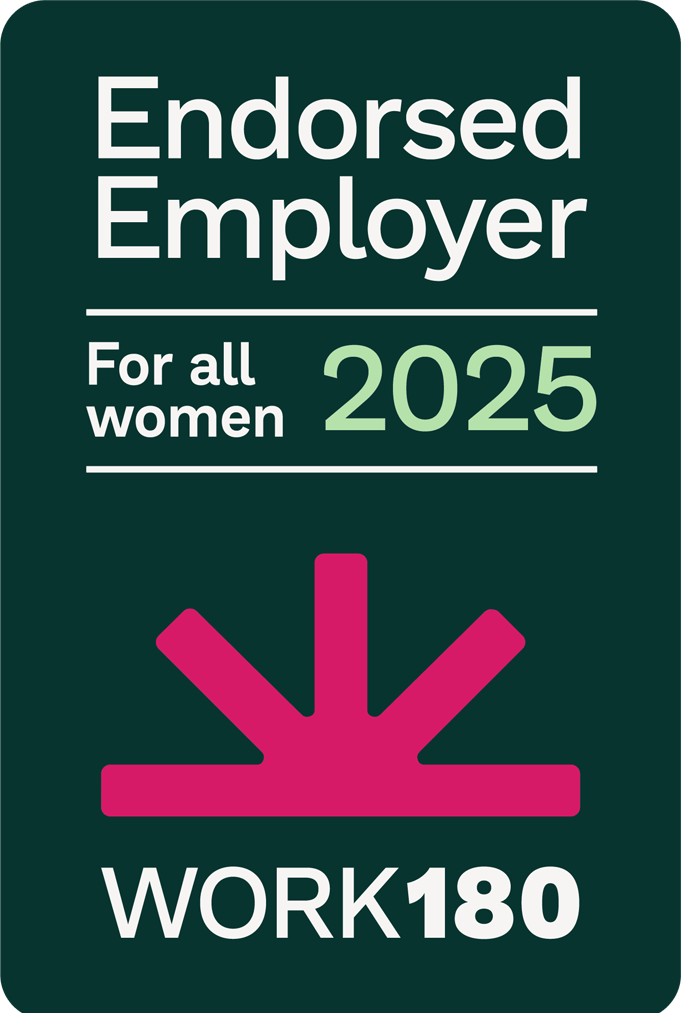We recognise that our operations can have potentially adverse environmental impacts through our exploration, mining and processing activities.
At IGO we value responsible environmental management as we seek to drive environmental stewardship and continuous improvement.
View IGO’s Environmental Policy here.
BIODIVERSITY
With global demand for critical minerals accelerating, finding the right balance between responsible mining and biodiversity conservation has become more pressing - especially amid accelerating biodiversity loss and the rapid degradation of natural ecosystems.
We recognise the importance of biodiversity in maintaining ecosystem services, and the interlinkages between people, climate and nature. Driving environmental stewardship is important to IGO. We seek to not only understand our direct biodiversity impacts but also our dependencies on nature and the nature-related risks that could affect our business.
WATER
Water is a critical shared resource, with freshwater sources subject to increasing global pressure and scarcity. We recognise that water is integral to the healthy functioning of surrounding ecosystems, the livelihoods and wellbeing of our host communities and to our mining operations. Our operations use minimal freshwater, depending heavily on groundwater abstraction, most of which is hypersaline or brackish and requires onsite reverse osmosis prior to use.
Our operations are licensed for water abstraction by the Western Australian Government’s Department of Water and Environmental Regulation, and we extract water within permissible limits defined in our site environmental approvals. Dewatering controls are in place to effectively contain and manage water through relevant infrastructure, including water storage ponds and wastewater treatment plants.
For more information on the water context for our operations and projects, including their baseline water stress, refer to our Sustainability Reports and Databooks.
TAILINGS
Tailings generation is an inherent part of mineral mining and processing, with tailings materials stored in purpose-built tailings storage facilities. At IGO, we are committed to the safe, responsible and risk-based management of these facilities to protect our operational assets, prevent environmental harm, and avoid catastrophic incidents or loss of life.
Tailing Storage Facilities (TSFs) are surface impoundments used for the disposal and storage of fine-grained slurried mineral waste that is discharged from mineral processing facilities following the extraction of the desired minerals from the feed ore. The improper management of TSFs can significantly increase the risk of a potential catastrophic event, potentially leading to material social, environmental and local economic impacts, regulatory impacts and loss of social licence to operate.
We manage our TSFs in accordance with our approval requirements and the Australian National Committee on Large Dams (ANCOLD) standards and codes. We are also guided by the DEMIRS (renamed to the Department of Mines, Petroleum and Exploration) Code of Practice and informed by the Minerals Council of Australia (MCA) Towards Sustainable Mining (TSM) Tailings Management Protocol.
Our near-term focus for tailings management is on maintaining regulatory compliance and working to implement the requirements of the MCA TSM Tailings Management Protocol. We continue to pursue partial alignment towards the requirements of the Global Industry Standard on Tailings Management.
IGO supports the need for the public disclosure of TSF management practices. Read the IGO 2025 Tailings Storage Facilities Disclosure.
NON-MINERAL WASTE
Our approach to non-mineral waste management seeks to minimise environmental and human health impacts associated with waste generation, storage, and management, while also reducing long-term post-closure environmental liabilities. We apply the waste mitigation hierarchy, in order of preference, to avoid, reduce, reuse, recycle and treat waste before disposal. Our activities generate both hazardous and non-hazardous waste streams. Hazardous waste, which includes waste oils, solvents, chemicals, batteries, and other materials classified as hazardous under applicable regulations, is carefully monitored and managed to mitigate potential risks to the environment and human health.
Our operations track and document the usage, storage, handling, and disposal of hazardous substances, in accordance with safety standards and regulatory requirements. We engage specialist waste contractors to remove all hazardous waste from our sites and transport it to a licensed landfill facility. Each of our operations has an onsite landfill and we adhere to design, maintenance, monitoring, and auditing protocols to meet regulatory requirements.
EFFLUENT MANAGEMENT
Effluent management at our operations involves the treatment of wastewater from our site-based accommodation and office facilities.
In FY23, we upgraded the wastewater treatment plant (WWTP) infrastructure at our Nova Operation to allow wastewater to be recycled and used in the concentrate washing process. The wastewater from the WWTP is approved to discharge at an irrigation area or the Nova TSF, with the sludge from the WWTP currently trucked offsite by a licensed contractor. Sludge material from the vehicle wash bays is sent to the waste rock dump, while any contaminated spill material is sent to the onsite bioremediation facility.
At our Forrestania Operation we have a series of evaporative ponds where wastewater is pumped to. Waste solids settle out in a series of ground tanks followed by either evaporative ponds or leach drains. Solid waste is extracted from sludge tanks by specialist contractors and disposed of at an approved disposal location onsite. At our Cosmos Project, solid waste from the wastewater treatment plants is trucked off site using a licensed waste contractor, while treated wastewater is discharged to an irrigation area.
At both our Forrestania Operation and Cosmos Project, solid waste separated out of wastewater from the vehicle wash bays is treated through the onsite bioremediation facility, which utilises microbes to breakdown the hydrocarbon waste into benign material. Any hydrocarbon contaminated spill material is also sent to the bioremediation facilities for treatment.
NON-GHG EMISSION MANAGEMENT
Our approach to managing non-GHG emissions is guided by the Australian Government’s National Environment Protection (Ambient Air Quality) Measure. The main non-GHG emissions generated at our operations include carbon monoxide, oxides of nitrogen, sulphur dioxide, particulate matter and volatile organic compounds.
When required by approvals, we complete specific modelling on non-GHG emissions to understand and mitigate the impact of non-GHG emissions on identified sensitive receptors.
Dust generated by our activities can create visibility issues, adversely impact the health of vegetation and pose a potential risk to human health. Some of the key mitigation measures we have in place to minimise dust emissions and protect sensitive receptors include dust suppression using water carts and maintaining optimum moisture content in our concentrate product. Dust emissions are monitored using dust gauges, which are carefully located around our operations to provide representative coverage over our activities. We regularly review dust monitoring data to assess the effectiveness of our management activities.
Potentially fibrous material exists within numerous mining operations within Western Australia, including at our operations. Each of our operations have a specific Fibrous Minerals Management Plan, with regular monitoring undertaken in-line with DEMIRS work health and safety legislation.
PROMOTING RE-USE AND CIRCULARITY
Embracing circular economy principles is a growing consideration to promote resource efficiency and minimise waste generation. The circular economy refers to a system where the value and lifecycle of products and materials are extended indefinitely by designing out waste.
While IGO is still in the early stages of considering circular economy principles, we re-use a proportion of our tailings material as a replacement for paste backfill, a material that is used to fill mined voids underground to provide stability to surrounding rock. This initiative is ongoing at our Nova Operation, while it has ceased at both our Forrestania Operation and Cosmos Project while in care and maintenance. Reusing tailings reduces the related expense and GHG emissions associated with the purchase and transport of alternative backfill materials and reduces the volume of tailings disposed of in our TSFs.
REHABILITATION
Land clearing, or the removal of vegetation, is often required for activities such as exploration, construction, infrastructure and the provision of access corridors. We seek to minimise the amount of land we clear, controlled through land clearance permits, and rehabilitate disturbed areas. While our underground mining practices leave a small surface disturbance footprint, we aim to undertake progressive rehabilitation where possible.
For more information about our progress and performance on environmental management, refer to our Sustainability Reports and Databooks.
For more information, refer to supplementary information on:











